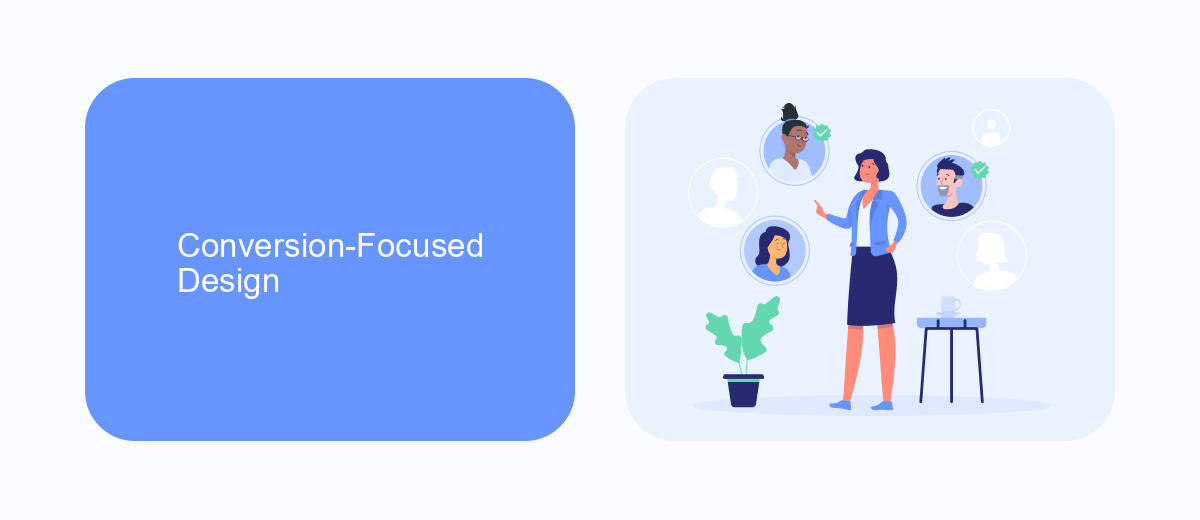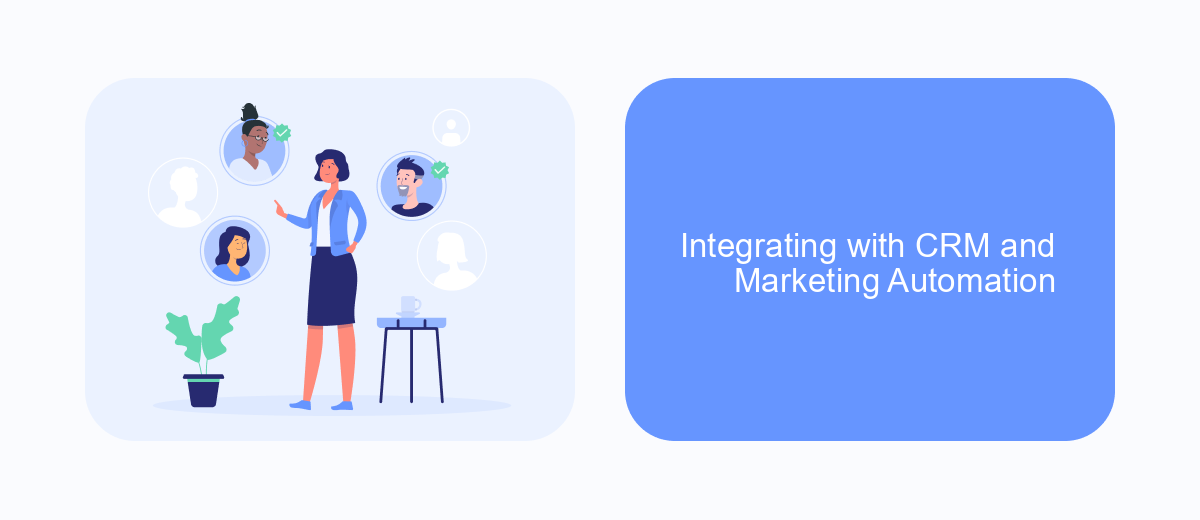Landing pages are crucial tools in the realm of digital marketing, specifically designed to capture leads and convert visitors into potential customers. By focusing on a single call-to-action and minimizing distractions, these pages streamline the user experience and effectively gather valuable information. In this article, we'll explore the key elements that make landing pages successful for lead generation.
Landing Page Optimization for Lead Generation
Optimizing your landing page for lead generation involves several key strategies. First, ensure your page loads quickly and is mobile-friendly. A fast, responsive design can significantly reduce bounce rates and keep potential leads engaged. Additionally, use clear and compelling headlines that immediately convey the value of your offer.
- Utilize strong, action-oriented calls-to-action (CTAs).
- Incorporate testimonials and social proof to build trust.
- Use eye-catching visuals and concise, benefit-driven copy.
- Implement A/B testing to continuously refine your page elements.
- Leverage integration tools like SaveMyLeads to streamline lead capture and follow-up.
By focusing on these optimization techniques, you can enhance your landing page's effectiveness in capturing leads. Remember to regularly review your analytics to identify areas for improvement. Utilizing services like SaveMyLeads can further automate and optimize your lead generation process, ensuring no potential lead slips through the cracks.
Conversion-Focused Design

Conversion-focused design is all about creating a landing page that guides visitors towards a specific action, such as filling out a form or making a purchase. This involves strategically placing elements like call-to-action buttons, forms, and testimonials in a way that captures the visitor's attention and encourages them to take the desired action. The design should be clean, intuitive, and free of distractions, ensuring that the primary focus remains on converting visitors into leads.
One effective way to enhance conversion-focused design is by integrating automation tools like SaveMyLeads. SaveMyLeads allows you to seamlessly connect your landing page with various CRM systems and email marketing platforms, ensuring that every lead is captured and nurtured efficiently. By automating the lead capture process, you can focus more on optimizing your landing page's design and less on manual data entry, ultimately boosting your conversion rates and streamlining your lead generation efforts.
Lead Capture Forms

Lead capture forms are essential components of any landing page aimed at lead generation. These forms are strategically placed to collect valuable information from visitors, turning them into potential customers. To maximize their effectiveness, it’s crucial to design these forms with user experience in mind.
- Keep the form simple and concise: Only ask for essential information such as name, email, and phone number.
- Use clear and compelling call-to-action buttons: Phrases like "Get Started" or "Download Now" can encourage users to complete the form.
- Ensure mobile-friendliness: Make sure the form is easily accessible and usable on mobile devices.
- Offer incentives: Provide something valuable in return, such as an eBook or a discount code.
- Integrate with CRM systems: Use tools like SaveMyLeads to automate the process of capturing and organizing lead information.
By following these best practices, you can significantly increase the conversion rates of your landing pages. Remember, the goal is to make the process as seamless as possible for the user. Utilizing integration services like SaveMyLeads can streamline lead management, ensuring that no potential customer falls through the cracks.
Integrating with CRM and Marketing Automation

Integrating your landing pages with CRM and marketing automation tools is crucial for effective lead management. By connecting these systems, you can streamline the process of capturing, nurturing, and converting leads, ensuring no potential customer falls through the cracks.
One of the key benefits of integration is the ability to automatically transfer lead information from your landing pages to your CRM. This eliminates the need for manual data entry, reducing the risk of errors and saving valuable time. Additionally, marketing automation tools can help you segment leads and deliver personalized content, enhancing the overall customer experience.
- Automated lead capture and transfer
- Enhanced lead segmentation and targeting
- Improved data accuracy and efficiency
- Personalized customer interactions
Services like SaveMyLeads can simplify the integration process, allowing you to connect your landing pages with popular CRM and marketing automation platforms effortlessly. By leveraging such tools, you can ensure a seamless flow of information and focus on nurturing relationships with your leads.
A/B Testing and Analytics
A/B testing is a crucial component in optimizing landing pages for lead generation. By creating two or more versions of a landing page and directing a portion of traffic to each, you can determine which design, copy, or call-to-action performs best. This method allows you to make data-driven decisions that can significantly improve conversion rates. Tools like Google Optimize or Optimizely can help streamline the A/B testing process, providing insights into user behavior and preferences.
Analytics play an equally important role in refining your landing pages. By integrating analytics tools such as Google Analytics, you can track key performance indicators (KPIs) like bounce rate, time on page, and conversion rate. Additionally, services like SaveMyLeads can automate the integration of various marketing tools, making it easier to collect and analyze data from multiple sources. This holistic approach ensures that you have a comprehensive understanding of your landing page's performance, enabling you to make informed adjustments for maximum lead generation.


FAQ
What is a landing page for lead generation?
How do I create an effective landing page for lead generation?
What are the key elements of a successful landing page?
How can I track the performance of my landing page?
How do I integrate my landing page with my CRM or email marketing platform?
If you use Facebook Lead Ads, then you should know what it means to regularly download CSV files and transfer data to various support services. How many times a day do you check for new leads in your ad account? How often do you transfer data to a CRM system, task manager, email service or Google Sheets? Try using the SaveMyLeads online connector. This is a no-code tool with which anyone can set up integrations for Facebook. Spend just a few minutes and you will receive real-time notifications in the messenger about new leads. Another 5-10 minutes of work in SML, and the data from the FB advertising account will be automatically transferred to the CRM system or Email service. The SaveMyLeads system will do the routine work for you, and you will surely like it.
